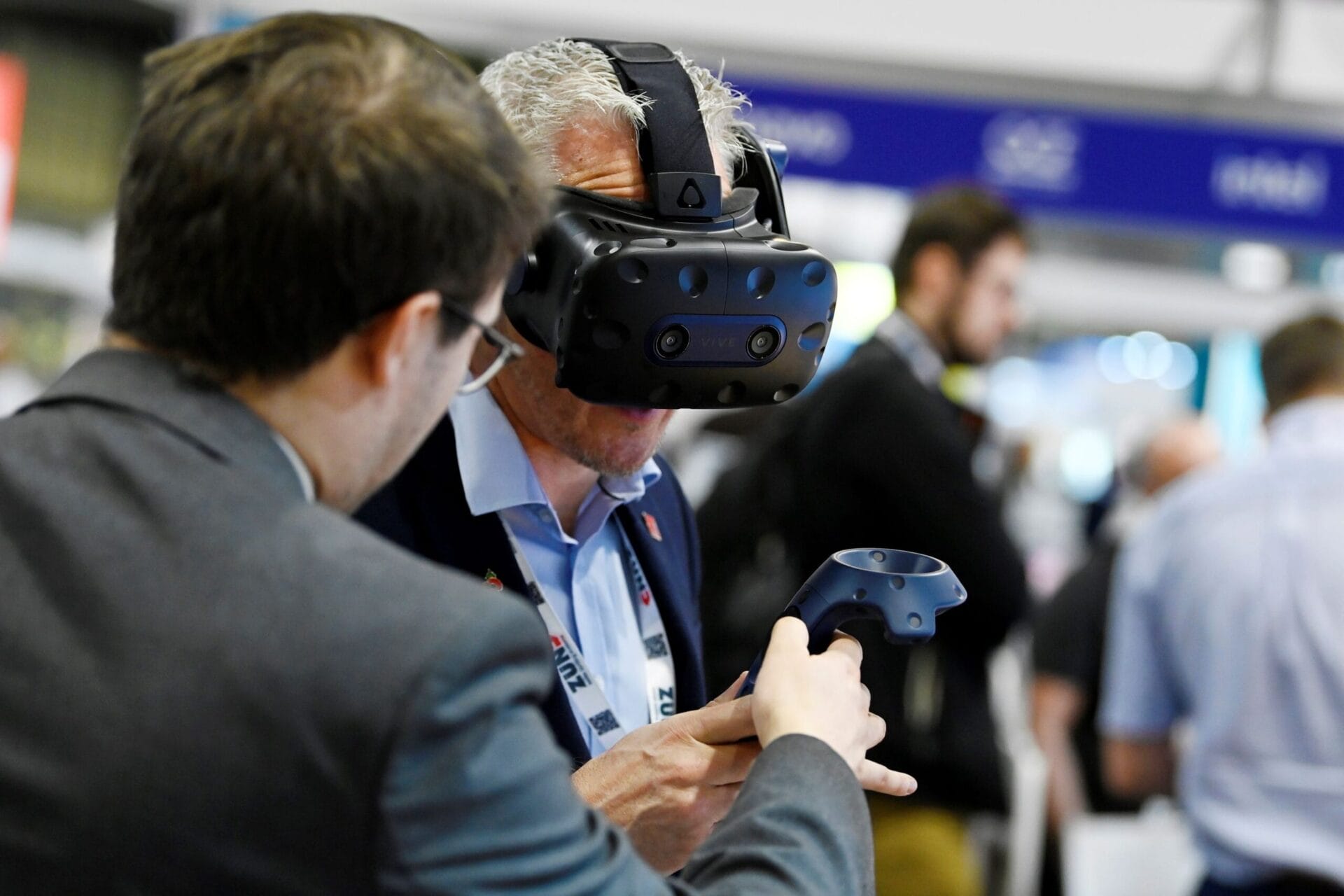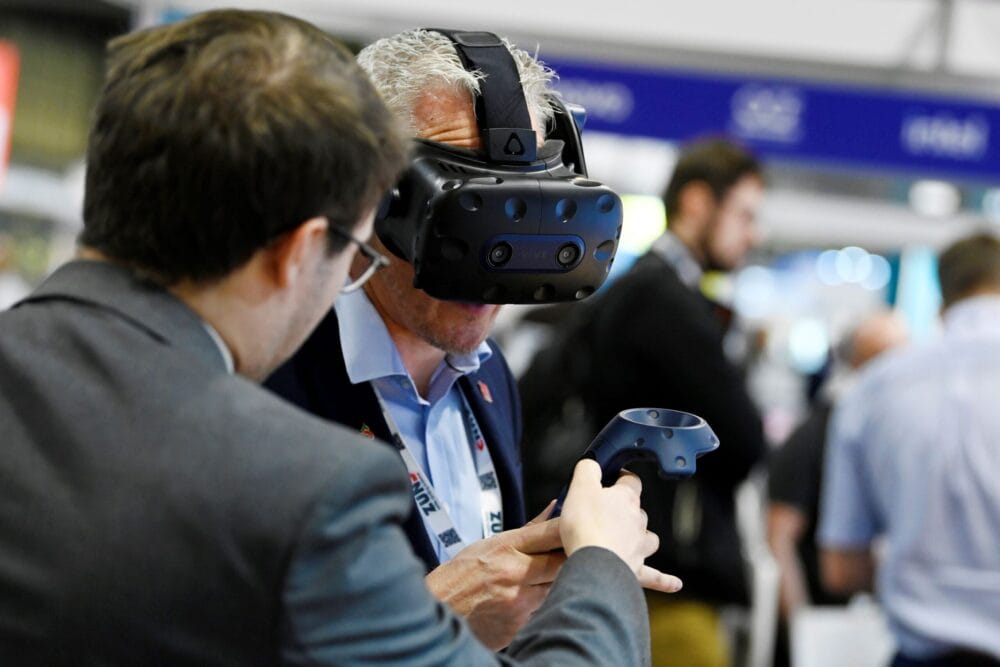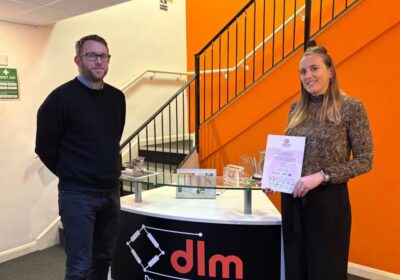According to McKinsey & Company, businesses that implement Industry 4.0 see benefits to sustainability, agility, speed to market, customisation and customer satisfaction. UK manufacturers can find ways to implement the industry’s accelerating technological advancements into their own companies by attending the country’s annual manufacturing and engineering trade show, explains Simon Farnfield, event director at Advanced Engineering.
You might think advanced manufacturing is simply about enhancing what we’ve always done, but there’s much more to it than that — priorities are evolving, too. For example, while traditional processes focussed on reducing costs, today’s advanced manufacturing techniques place a higher priority on sustainability and reducing a product’s carbon footprint.
One of the most compelling aspects of Advanced Engineering is how it brings Industry 4.0 to life. Exhibitors showcase the latest IoT innovations, AI-driven automation and real-time data analytics that are transforming traditional manufacturing into smart, connected operations.
In fact, the rate at which Industry 4.0 technologies are evolving is reinforced in a recent series of videos from the World Economic Forum (WEF), exploring the future of manufacturing. “The Fourth Industrial Revolution keeps moving at a faster and faster pace every day,” says Francisco Betti, head of shaping the future of advanced manufacturing and value chains at WEF, in episode one.
“That comes, of course, with a lot of opportunities for manufacturing and supply systems, but also with a lot of challenges and requires us to think about the expected but also, the unexpected consequences.”
Digitalisation and automation
Digitalisation drives the use of advanced data analytics, AI and machine learning to optimise everything from supply chains to individual production lines. Automation is evolving from rigid, predefined processes to adaptable systems that respond in real time to changing conditions. These technologies can help manufacturers predict and prevent downtime, streamline operations and allow for greater flexibility in product customisation.
Moreover, automation isn’t limited to the factory floor. Attendees will gain insights into how digitalisation is transforming the entire value chain — from supply chain management to inventory control — by enabling more precise demand forecasting and resource allocation. The ability to automate these processes helps businesses respond more quickly to market changes and customer needs, delivering customised products faster and more efficiently.
For businesses looking to implement these innovations, Advanced Engineering provides the opportunity to see how automation and digitalisation can integrate into existing operations and drive improvements in sustainability, agility and overall performance.
The show’s focus on Industry 4.0 technologies demonstrates how manufacturers can use a digital thread — an interconnected data stream from design to production — to reduce errors and streamline communication across all stages of product development.
Attendees can gain insight into how smart factories of the future will operate, driven by self-adjusting machines and continuous data monitoring. For instance, live demonstrations will emphasise how smart manufacturing systems enable predictive maintenance, enhance productivity and reduce downtime by offering real-time feedback loops.

Collaboration
Beyond the cutting-edge technologies on display, such as those in the Innovation zone, the show is a hub for networking and collaboration. It provides an unparalleled opportunity for engineers, manufacturers and suppliers to engage in knowledge-sharing, form partnerships and foster collaborations that will shape the future of manufacturing.
With a full programme of expert speakers giving talks across four stages, Advanced Engineering is a unique platform where these advanced manufacturing trends converge, offering visitors a firsthand look at where the industry is heading.
“The future of manufacturing is not about one company, one government, one country. It’s about bringing the global community together to fix some of the global challenges that we are facing,” added Betti.
In addition, Advanced Engineering is mirroring the shift towards sustainability by highlighting eco-friendly practices and technologies that aim for targets like reducing waste, improving energy efficiency and using sustainable materials in production.
The show’s ‘Innovation and Sustainability Trail’, which will guide attendees via signposts at the show, spotlights exhibitors that are leading the way in green technologies and practices, helping companies explore solutions that ensure they can meet increasing government targets.
Advanced Engineering is much more than a showcase of the latest technologies, it’s a glimpse into the future of manufacturing. The show returns to Birmingham’s NEC on October 30 & 31. To register your attendance, please visit www.advancedengineeringuk.com.








